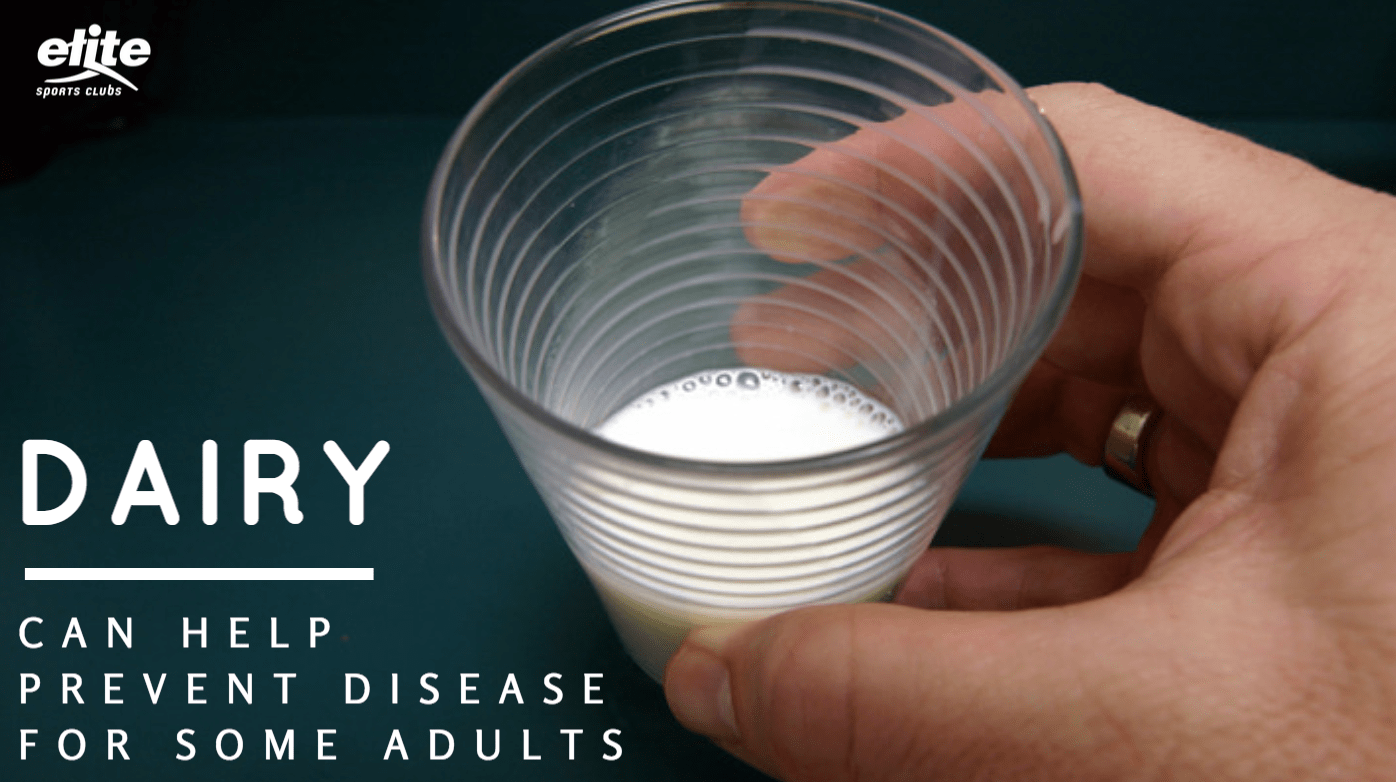
For about twenty five cents a glass, milk is a dietary and economic value, delivering incomparable nutrition and taste. The only time that dairy may present problems, is in the case of consumers being lactose intolerant. Nevertheless, for those whose bodies can digest dairy and lactose properly, research has shown for some time that dairy products contribute to overall health and disease prevention.
Dairy and Osteoporosis
Much research has been devoted to the vital support role of strong bones and the prevention of osteoporosis. In 2004, the Surgeon General reported that certain diary foods offer a unique combination of nutrients that work together to help protect bones.
Much of the research has indicated calcium-rich foods, such as milk and milk products, helps to reduce the risk of osteoporosis by keeping bones from thinning. Many of these foods are all types of full fat or low fat milk products, flavored milk, cheese products, and yogurt or ice cream products. Most people will enjoy some form of milk products, and several fitness magazines have recently suggested yogurt drinks and chocolate milk after workouts. Those affected by osteo-diseases are primarily women over the ages of 50 years.
Vitamin D, necessary for increasing the absorption of calcium in to the bones, has recently provided new interest and as a nutrient low in many diets in low-sunlight states. Many individuals will take high levels of this nutrient or try to find vitamin D enriched foods for this lacking. Based on studies demonstrating the constructive interaction of protein and calcium on bone, the balance and amounts of protein and calcium in dairy foods appears to be ideal for skeletal health. Milk for adults and school age children has long been a major building block for all meals, including that of the breakfast “cereal and milk.” Sources of calcium are best found in whole food products, rather than in dietary supplements.
Dairy and Blood Pressure
A combination of minerals found in dairy foods—calcium, potassium, and magnesium—may play an important role in maintaining healthy blood pressure. The importance of dairy food has received international acclaim since the landmark DASH trial some years ago or (Dietary Approaches to Stop Hypertension Trials). This government sponsored trial showed that a low fat diet rich in three low-fat dairy foods and many (8-10) fruits and vegetables was more effective in reducing systolic and diastolic blood pressure than a diet rich in fruits and vegetables alone. This study showed that this diet reduced hypertension equal to some antihypertensive medications.
Dairy and Type 2 Diabetes & Cardiovascular Disease
This type of diabetes affects more than one-third of American adults and accounts for billions of dollars in health care costs. Current evidence indicates that the consumption of dairy products is associated with a reduced rate of cardiovascular disease, particularly as it relates to Type 2 Diabetes.
Supporting a Healthy Weight
Milk and milk products also play an important role in maintaining a healthy weight. Research has shown that young normal weight women, ages 18-30 years, who consume three servings of dairy per day gained less body fat over an 18 month period than other young women their age who did not consume three servings. Researchers also found that women over time may also benefit by the prevention of slow age-related fat mass gain. Many researchers have also found that the intake of dairy foods will also be helpful in improving the quality of breakfast and with weight maintenance. Of primary importance is the relevance of the research on how the increase of dairy foods can also lead to a greater loss of fat from the waistline or stomach region.
Try this Recipe
Beef Sliders with Chipotle Yogurt Sauce and Cheddar Cheese
Don’t let their size fool you; these mini-burgers pack a flavorful punch.
Servings: 6
Prep Time: 10 mins
Cook Time: 15 mins
Full recipe on Midwest Dairy website.
For more information on dairy foods, check out the various dairy councils throughout the state of Wisconsin, or www.midwestdairy.com.
Written by Rita Larsen, RDN, CD; Elite Sports Clubs Nutrition Educator & Diet Counselor
Rita is certified in Positive Psychology, University of Penn; has a BS in Dietetics from Kansas State University; and an Internship and Masters at the Indiana University Medical Center.
Schedule a Nutrition Consultation